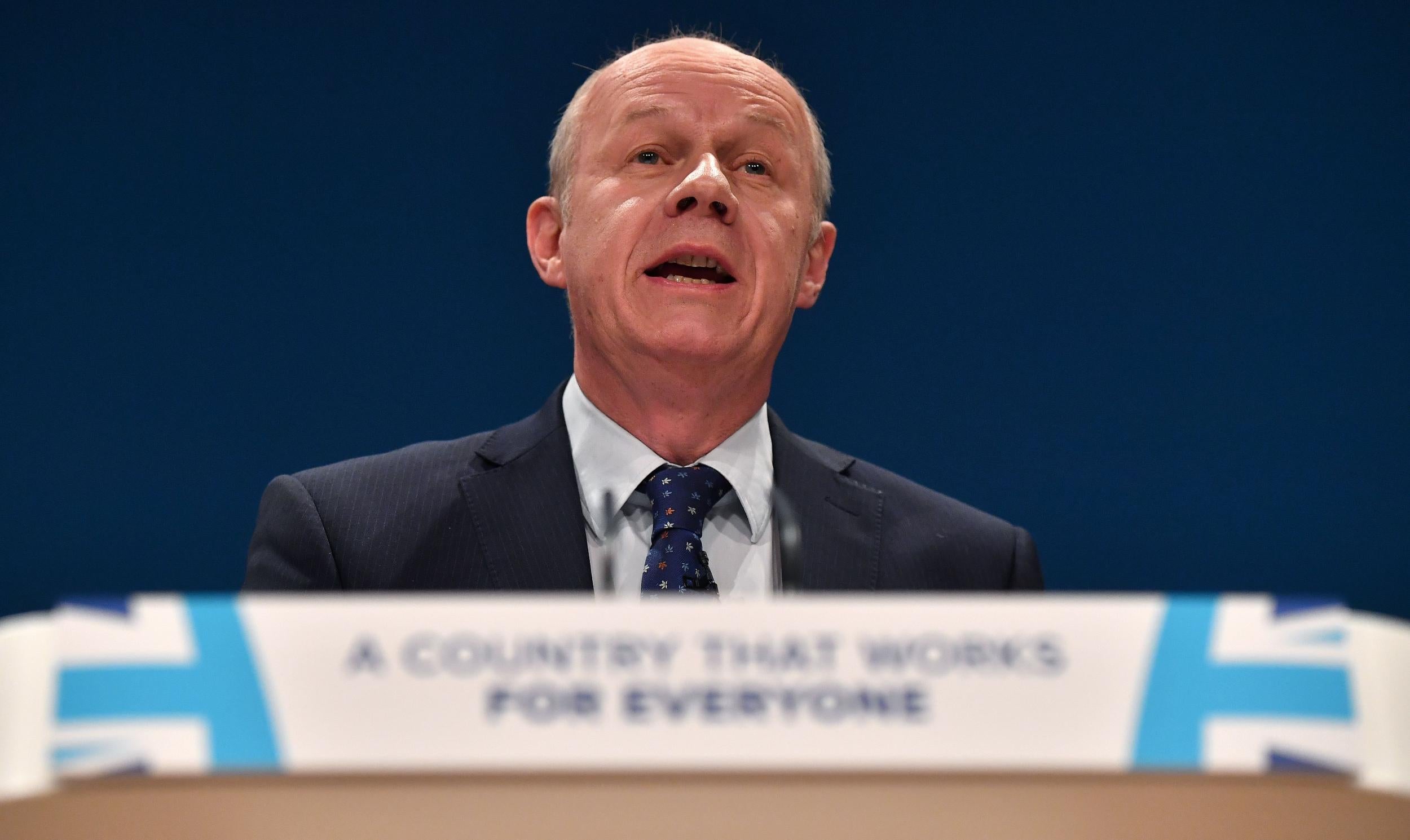DWP set to overhaul Work Capability Assessments for people with disabilities
Damian Green, the Work and Pensions Secretary, will launch of a consultation on reform of the benefit on Monday

Your support helps us to tell the story
From reproductive rights to climate change to Big Tech, The Independent is on the ground when the story is developing. Whether it's investigating the financials of Elon Musk's pro-Trump PAC or producing our latest documentary, 'The A Word', which shines a light on the American women fighting for reproductive rights, we know how important it is to parse out the facts from the messaging.
At such a critical moment in US history, we need reporters on the ground. Your donation allows us to keep sending journalists to speak to both sides of the story.
The Independent is trusted by Americans across the entire political spectrum. And unlike many other quality news outlets, we choose not to lock Americans out of our reporting and analysis with paywalls. We believe quality journalism should be available to everyone, paid for by those who can afford it.
Your support makes all the difference.The Department for Work and Pensions is to overhaul the way claimants for disability benefits are assessed in an attempt to help more people into work.
Damian Green, the Work and Pensions Secretary, is poised to launch of a consultation on reform of the Work Capability Assessment (WCA) test on Monday. It comes after Mr Green annouced, earlier this month, that chronically sick claimants will no longer be required to prove they are stil ill every six months.
The controversial testing process has come under intense criticisms for failing some of the most vulnerable people in society in recent years. But Mr Green is expected to say he wants his department to provide a more “targeted and personalised support” for people with disabilities while they look for employment.
Ahead of the launch the consultation, Mr Green said: “We know the right type of work is good for our physical and mental health, but we need a more pragmatic health and welfare system that reflects this – one that offers work for all those who can, help for those who could and care for those who can’t.
“A disability or health condition should not dictate the path a person is able to take in life. No one wants a system where people are written off and forced to spend long periods of time on benefits when, actually, with the right support they could be getting back into work.
“The proposed changes to WCA will focus on improving opportunities and raising aspirations while making sure those people who most need support from the Government.”
In particular there is concern that while those most in need receive the Employment and Support Allowance (ESA), they get low levels of support from Jobcentre Plus, even though some may be able to find work with the right assistance.
The consultation will look at how people receiving ESA can get the "quality support" they need to get back into employment without putting their benefits at risk while they look for a job.
Shadow Work and Pensions Secretary Debbie Abrahams said that while she welcomed the Government's "aknoweldgement that their callous Work Capability Assessments cause needles misery and stress for thousands of sick and disabled peole" she added that the Prime Minister must "take responsibility for her part in these disastrous social security reforms".
“This cruel Tory approach is ideologically driven with the sole purpose of targeting the most vulnerable in our society to pay for their austerity plans, painting disabled people as scroungers and shirkers, whilst making no impact on the disability employment gap.
“Rather than tinkering at the edges, I have announced that Labour will scrap the Work Capability Assessments and replace them with a holistic, person-centred approach, based on principles of dignity and inclusion. This will be a key policy under our plans to transform the social security system.”
The announcement of the consultation was welcomed by the disability charity Scope, which said the current WCA system was “fundamentally flawed”. Mark Atkinson, the charity’s chief executive, said: “The current fit-for-work test doesn't accurately identify the barriers disabled people face in entering or staying in work.
“An assessment should be the first step to getting support and should be separate from determining benefits entitlement. All disabled people should be able to access expert, tailored employment support and the Government should work with employers to create flexible, modern workplaces.
“If the Government is serious about meeting their commitment to halving the disability employment gap, it must listen to the concerns of disabled people and deliver a system that truly works for people who want to get in and stay in work.”
Join our commenting forum
Join thought-provoking conversations, follow other Independent readers and see their replies
Comments